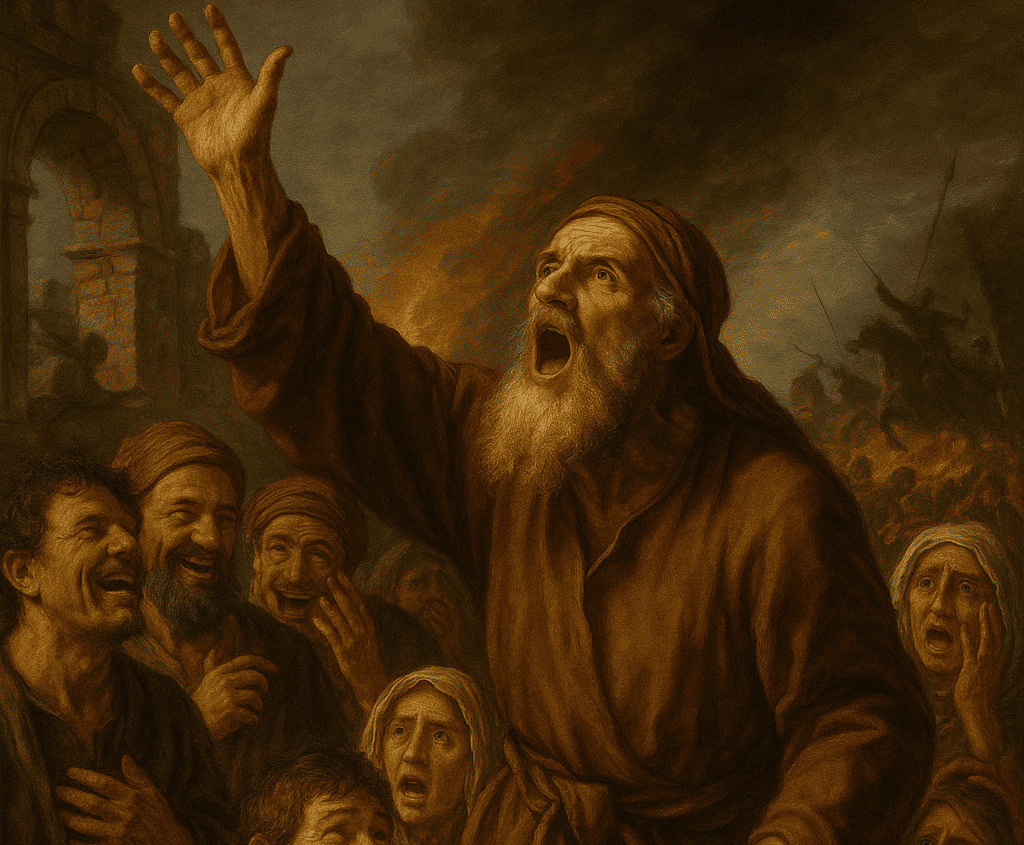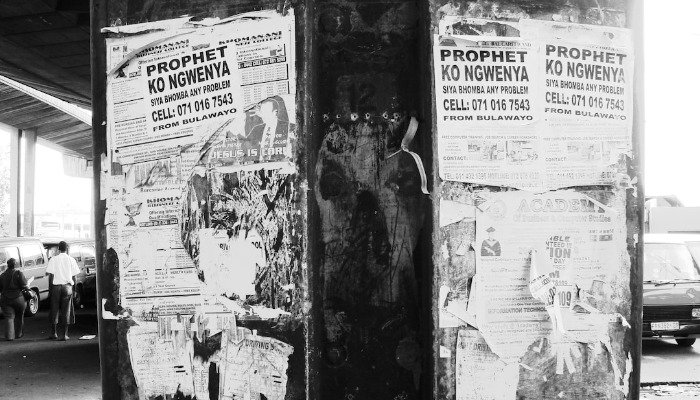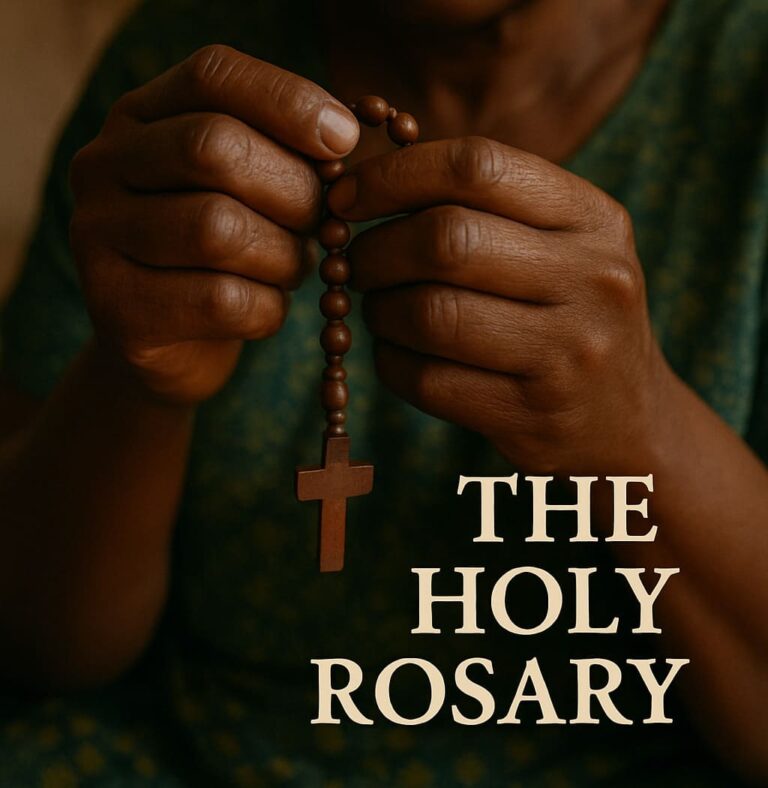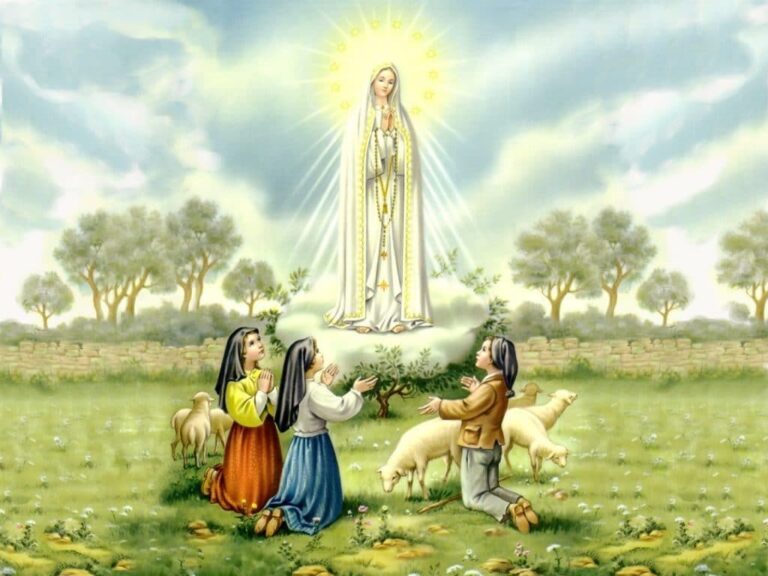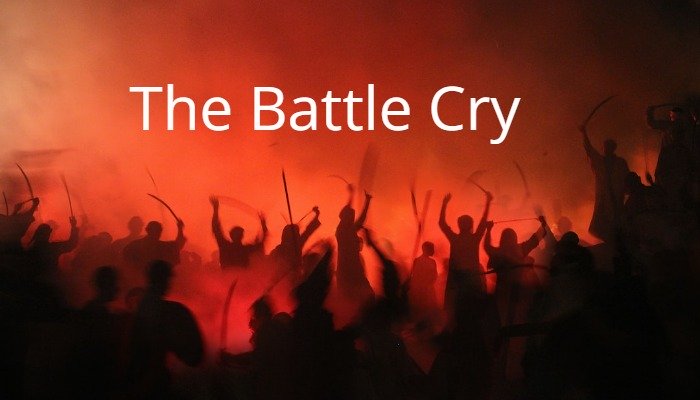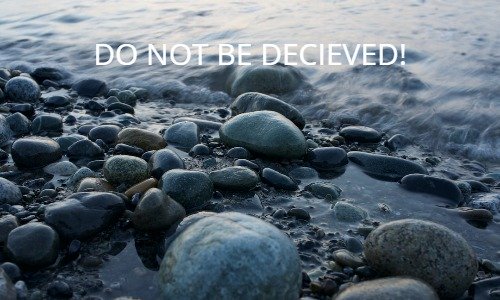Editor’s Introduction: Welcome to the AgoraDomus. In our mission to discuss the great moral questions affecting our society, we believe it is vital to hear strong, faith-based perspectives. In this passionate essay, the author presents a traditionalist Christian view on the role of sin in the modern world, arguing that its dismissal lies at the heart of our current moral confusion. We offer this not as the final word, but as a powerful opening statement in a conversation we all need to have. We invite your thoughtful responses in the comments below.
Not everyone who says to me, ‘Lord, Lord!’ will enter the kingdom of heaven.
The Silence Around Sin
Of the countless miseries that fill humanity, one stands as the source of all others: sin. Today, however, the word “sin” is almost silenced, treated as an obsolete term. To justify many evils, our society attempts to invent new moral norms, with some even speaking of concepts like a “minor blasphemy against God.”
Sacred Scripture exhorts us not to remain slaves to sin and evil. Yet, we remain slaves when we refuse to acknowledge the error of our sinful behaviour.
The Blinding Nature of Pride
In reality, this refusal is the fruit of pride. Pride blinds the soul and prevents it from seeing its errors, making it nearly impossible to correct someone who is already blinded.
This is largely the reason for the obstinacy of the sinful world. It is the vehicle that promotes a form of militant modernism that rejects the sound, timeless doctrine of the Church. In the Gospel, the Lord tells us that such obstinacy does not bear good fruit, but slowly leads to damnation.
As the Lord says, “Every tree that does not bear good fruit is cut down and thrown into the fire.”

The Unspoken Reality of Hell
But what fire is this? The Church Father, St. John Chrysostom, responds clearly: “this fire is the fire of hell.” Therefore, if someone stubbornly persists in pride and rejects sound correction, that person is headed for hell.
HELL EXISTS! AND SOME PEOPLE WILL CERTAINLY GO THERE. WE KNOW THAT HELL IS NOT EMPTY.
There are those who say it is inappropriate to preach on hell because it scares people. Yet, St. John Chrysostom noted that most of Jesus’ own sermons were on the topic of hell and how to avoid it. The existence of hell is denied today because, as Pope Pius XII said, “The modern world has lost the sense of sin.”
This is why Saint Francis, in Chapter IX of the Rule for his friars, instructed them explicitly in their preaching to “announce to the faithful vices and virtues, punishment and glory”—that is, hell and heaven. If people today deny hell, it is because they first deny the existence of mortal sin, which leads there.
The Danger of False Prophets
Therefore, beware of the hypocrisy of false prophets. Who are these false prophets? They are those who proclaim that certain sins are “outdated” or “overcome” today—that the Lord is no longer angered by actions that have been condemned by both Sacred Scripture and the moral doctrine of the Church for all time.
While the saints meticulously seek to find fault even in their best deeds, these false prophets subtly seek to excuse every evil action. Traditional morality is not as superficial or backward as modern moralists claim! The Church has always taught that sin exists, offends God, and has social implications, bringing suffering to the Church and to our brothers and sisters.
This is why we confess not only to God but also to our brothers and sisters. It is why the ancient form of the Confiteor names the Blessed Virgin Mary, St. Michael the Archangel, and the Saints. Every sin offends God and wounds the entire Church. The malice of these false prophets, in reality, aims to lead us toward a general apostasy.
BEWARE! WHOEVER PROMOTES DISORDER IN A BROTHER OR SISTER IS DOING THE WORK OF THE DEVIL AND THE ANTICHRIST.

The Humility of Confession
The only authentic attitude, for both the common person and the vain theologian, is to humbly confess that we have sinned. The liturgy teaches us this at the very beginning of Mass: “Lord, have mercy!” (Kyrie eleison). In the Hail Mary, we publicly accuse ourselves as sinners.
It is our prayer that this humility will lead us all to a true conversion of heart.
Join the Discussion in the Agora
Now, we turn the conversation over to you.
Has modern society lost its sense of sin?
How can people from different backgrounds (religious and secular) find common ground on public morality?
What is the role of humility in public and private life today?
Share your thoughts in the comments below:

